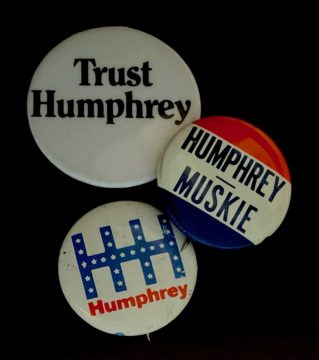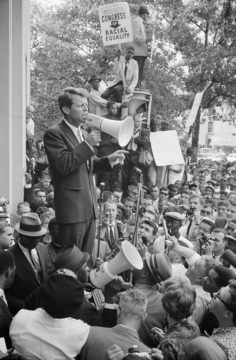by Kevin Lively

“-isms” are dangerous things. Weighty ideologies with wide sweeping narratives packed into a neat little bundle, whose slogans are repeated ad-nauseam until the word itself becomes the message and any empirical weight the narrative may have had recedes into the background. Capitalism, Marxism, Constitutional Originalism, Fascism, Liberalism, Socialism, Anarchism, Statism or Nihilism. Thinking in such terms, or worse self-identifying with them, is often the death knell of actual thought. Much more ominously: action in defense of the ideology gains a higher moral prerogative than the consequences of the action itself. The only reasonable course in drawing inspiration from such streams of thought is to choose to consciously grapple with the inherent messiness of the fact that no fixed system of beliefs will ever offer permanent solutions in a human society living on an exponential technological slope. Looking at population growth from a Malthusian perspective, an English lord who died almost a hundred years before the discovery of penicillin, seems almost as daft as criticizing labor relations in China for being Communist, where it doesn’t seem like the workers have much control over the means of production.
A striking aspect of very strong “-ism” people is how they tend to consciously or unconsciously mirror their supposed ideological rivals. For example, one of the best sources of quantitative Marxist analysis on wealth and power in society is the leading business newspaper the Financial Times (FT); with the caveat that all the values are reversed. This point is repeatedly brought up by the hosts of the alternative media outlet Novara Media who alternate between self-identifying as either Socialist or Communist, yet whose diverse roster of guests on their Downstream podcast from across the political spectrum almost all concur that FT is the world’s leading source of news. For college students, maybe these “-isms” are not so dangerous, unless they happen to hold green-cards and their “-isms” run afoul of the present US administration. The real danger to society at large is when people wielding inordinate amounts of power and influence and who, crucially, are unaccountable to the public, are true believers in one “-ism” or another. Read more »



 The broken-down jalopy that was Hubert Humphrey’s campaign wheezed its way out of Chicago and headed…anywhere but there. The Convention was an utter disaster. The only “bump” in the polls was a shove backwards, and Humphrey seemed to have nothing with which to shove back. He had no coherent message on the biggest issue of the day—Vietnam. He was working for an absolutely impossible boss, LBJ, who demanded complete loyalty and delighted in humiliating him. His campaign was broke…it literally didn’t have enough money to pay for orders of Humphrey buttons.
The broken-down jalopy that was Hubert Humphrey’s campaign wheezed its way out of Chicago and headed…anywhere but there. The Convention was an utter disaster. The only “bump” in the polls was a shove backwards, and Humphrey seemed to have nothing with which to shove back. He had no coherent message on the biggest issue of the day—Vietnam. He was working for an absolutely impossible boss, LBJ, who demanded complete loyalty and delighted in humiliating him. His campaign was broke…it literally didn’t have enough money to pay for orders of Humphrey buttons.

 There is a minor American myth about shame and regret. It goes like this.
There is a minor American myth about shame and regret. It goes like this.